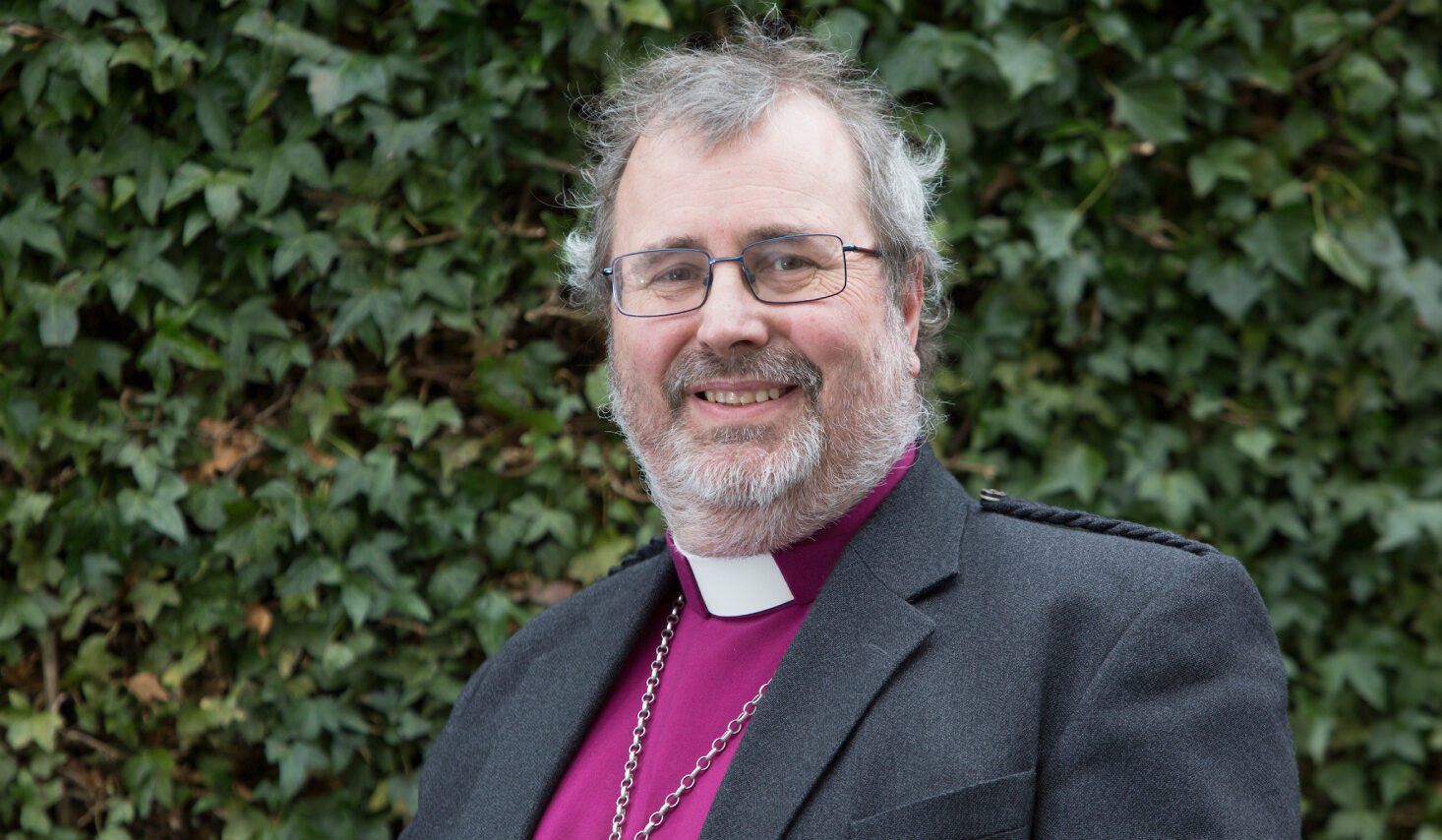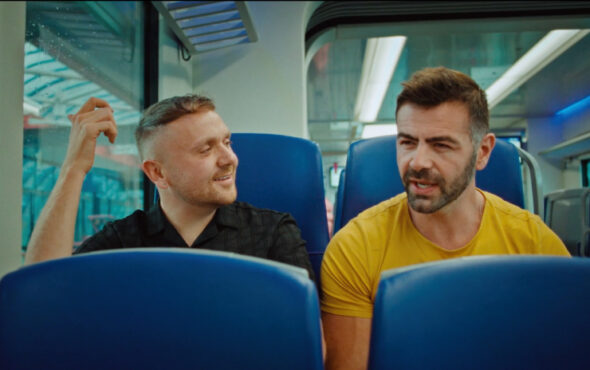
Mark Strange is the Primus of the Scottish Episcopal Church. He has become outspoken on LGBTQ+ inclusion and it was great to learn more about how the Scottish Episcopal Church became inclusive.
Can you explain your role within the Scottish Episcopal Church and how it fits within the Anglican Family?
The Scottish Episcopal Church has a Primus, not an Archbishop. The Primus is the first among equals. The role of the Primus is to chair the College of Bishops, but the authority is held by all seven bishops in Scotland as a corporate decision-making body. I’m also the person who represents the College of Bishops in the Scottish Episcopal Church within the Anglican Communion. I can’t make the decision unless I’ve had the conversation with my colleagues. In certain places I seem to have great authority, but that’s usually when I’m not in Scotland. In Scotland I’m Bishop Mark, who most of the Church know well.
The Scottish Episcopal Church is LGBTQ+ inclusive and conducts same-sex marriages in churches – how was this achieved?
We’ve been discussing, talking, arguing and at times crying about inclusion for nearly all the time I’ve been in ordained ministry. So often the tension developed around the freedom of clergy to say “yes” or “no” to conduct a marriage for those who are in a same-sex relationship. There was the thought that those who couldn’t agree would be excluded from the Church. The process that we’ve put in place is that if a priest is seeking to be licensed to conduct a marriage for those of the same gender, then they have to come through their bishop and that goes to the Registrar General of Scotland who then issues a certificate.
Can you expand on this?
If your faith conscience doesn’t allow you to conduct a marriage for two people of the same gender then you don’t apply and therefore, you’re legally not allowed to because it’s up to the Registrar. Once that was accepted, then those who were anxious about the conscience of other people were able to put that to one side, or it wasn’t such an issue. Everyone is protected. That gave the impetus for the decision we were ultimately able to make in our General Synod, which was to allow the Church to be open and generous to everyone.
Have you noticed that LGBTQ+ people in Scotland perceive the Church differently since it started conducting same-sex marriages?
That entirely depends on where you are. Those within the LGBTQI+ community who keep informed of what’s going on within churches will understand that. Clearly, it’s very difficult to say to a young gay man who has spent most his of life listening to the Church condemning him to suddenly say that church is nice. It takes a while. I’m often challenged by people saying it took you a long time. It largely comes through word of mouth – people saying that church down there is fine. It does take a long time and I understand. We attend Pride movements, are very clear in our statements about how open we are and given time it will filter through.
Is there an LGBTQ+ person who inspires you?
My inspiration came early on in my ministry. A local churchgoer had been excluded from the church because of coming out, but never actually left and kept coming back even though that was difficult. I had the privilege of conducting a blessing for his relationship. It was the resilience of someone who had been rejected time and time again by the Church to just keep coming back because his faith inspired him to be part of that family.
Do you have a short message for LGBTQ+ people?
As a Christian, as a Church leader, my task is to declare God’s love to the world and therefore all people should be able to declare their love openly in the face of people of faith, and I believe that all people should be allowed to share that love.
You can follow Mark here on Twitter.


